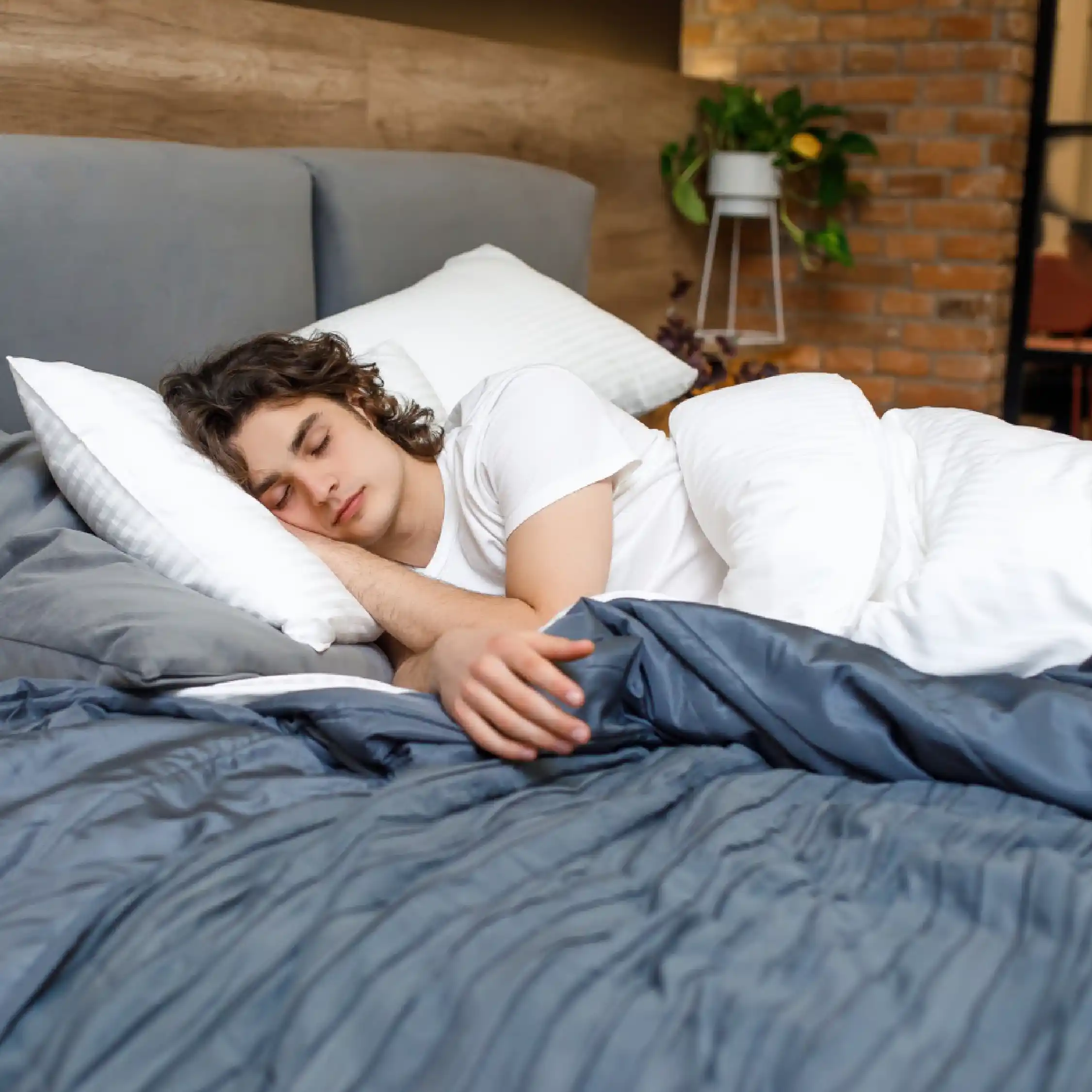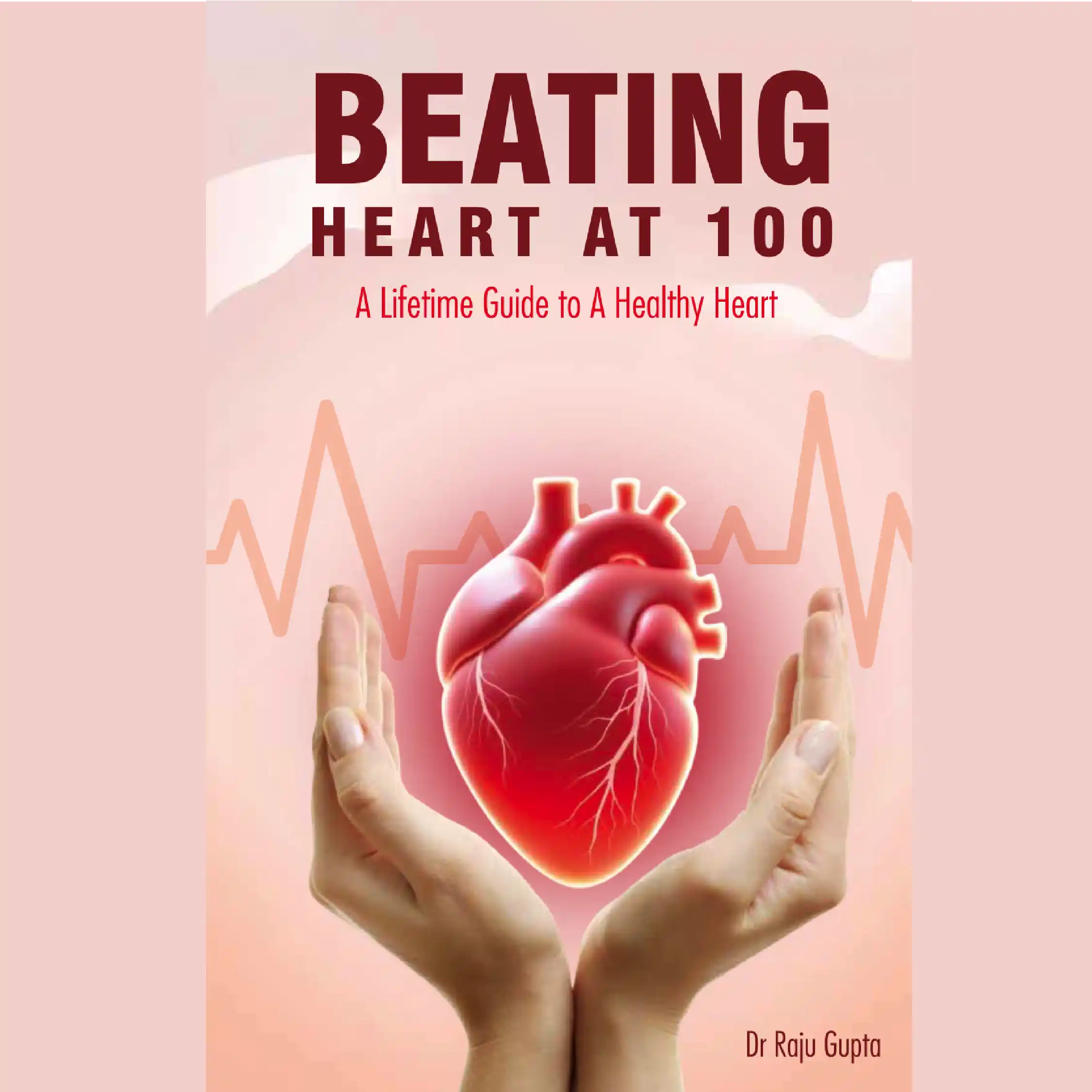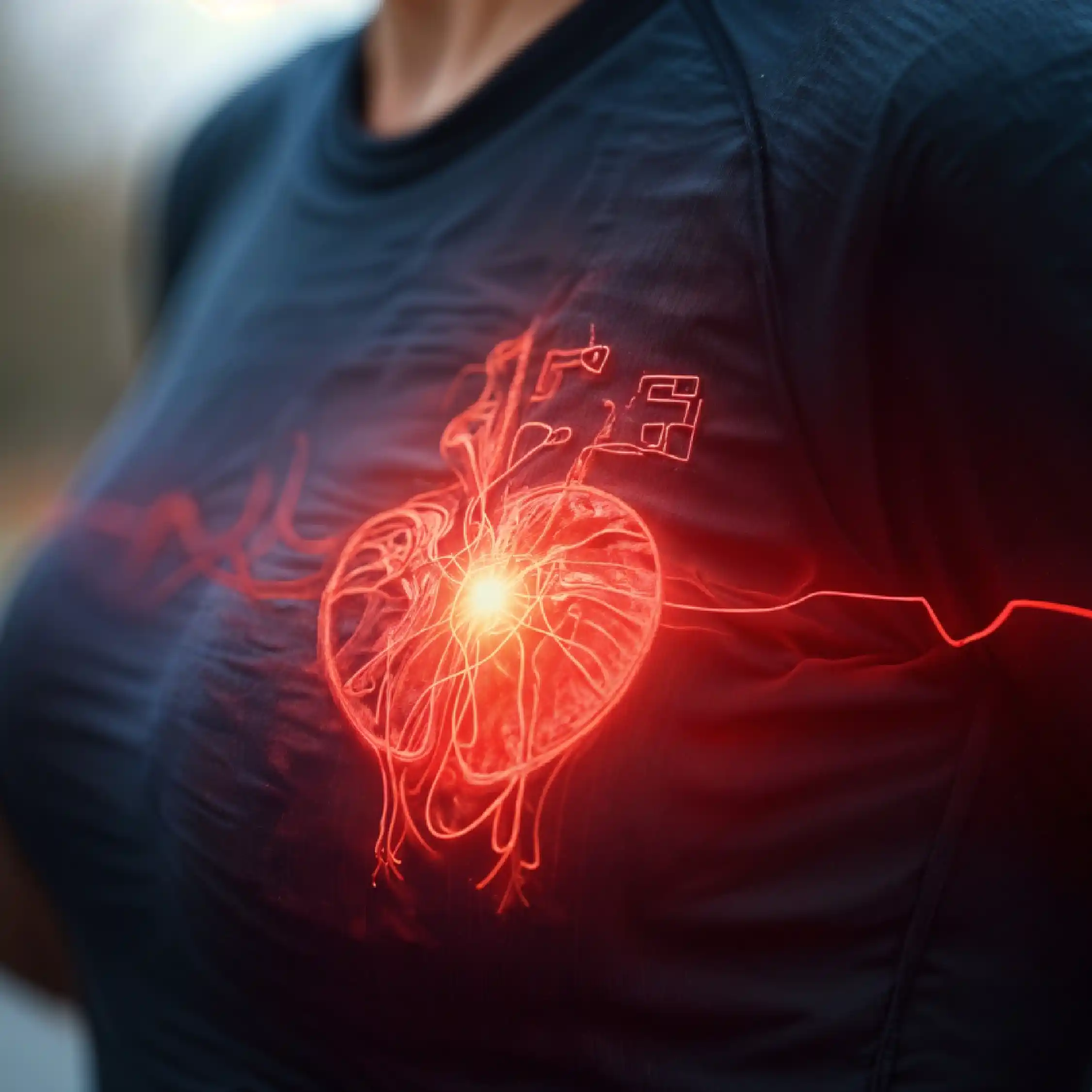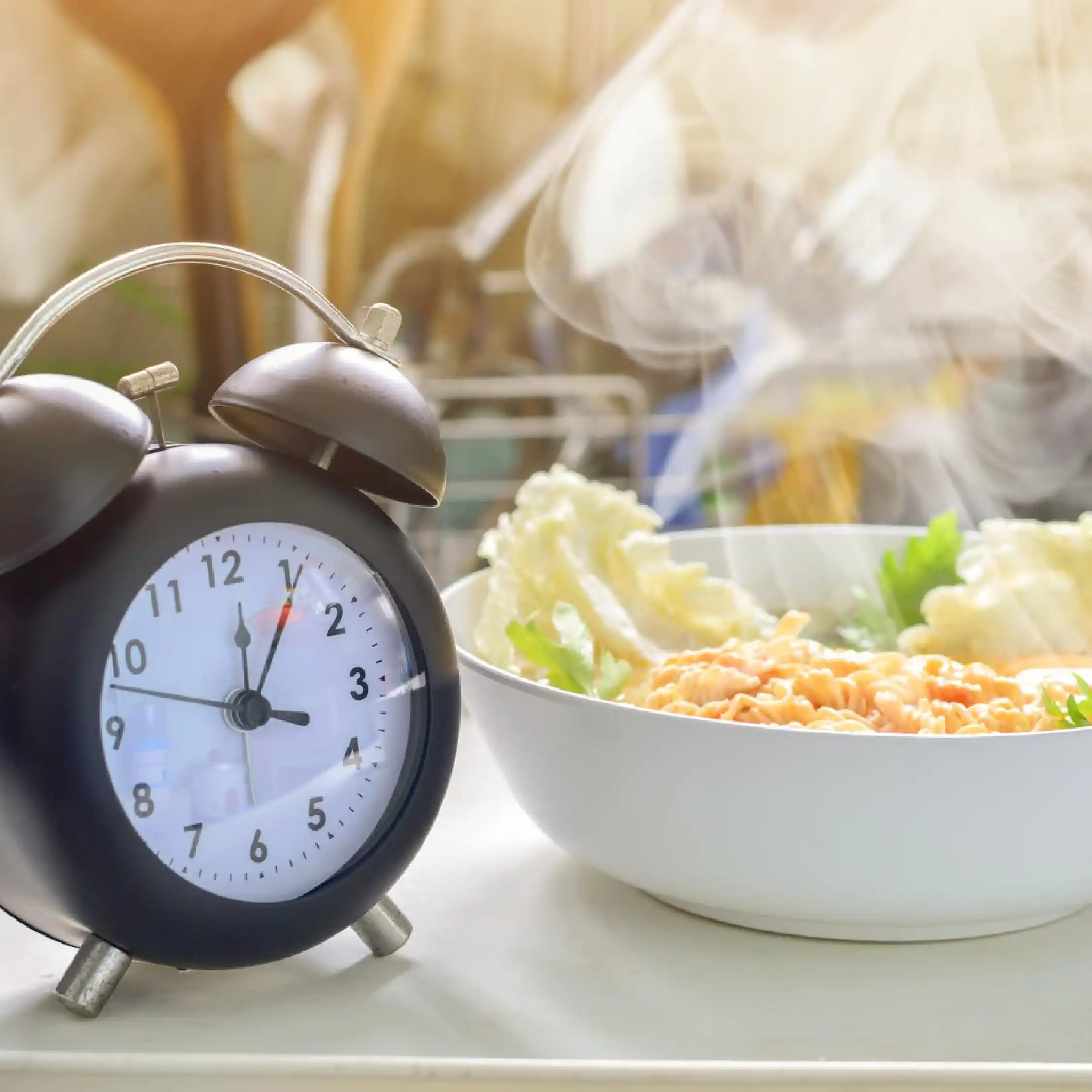1. The “Sunset Rule” — Disconnect Before You Sleep
Your phone is not your lullaby. Studies show that blue light from screens suppresses melatonin — your natural sleep hormone — for up to 90 minutes. That means every minute you spend scrolling after sunset pushes your sleep cycle forward like a delayed flight. Dr. Charles Czeisler from Harvard calls blue light exposure after 9 p.m. “the biological equivalent of jet lag without travel.” Heart logic: When melatonin drops, cortisol rises. Your heart stays alert, not restful. Ritual: Turn off all screens one hour before bed. Try the “digital sunset” — dim the lights, drop the phone, and switch to something analog: journaling, reading, or just silence. Humor Break: Your phone will survive without you for an hour. Promise. It’s not a toddler.2. The “7-3-2-1-0” Formula — Your Heart’s Countdown to Sleep
This is a favorite among sleep scientists. Think of it as your pre-sleep GPS:- 7 hours before bed: No caffeine.
- 3 hours before bed: No heavy meals.
- 2 hours before bed: No intense work or exercise.
- 1 hour before bed: No screens.
- 0 — the number of times you hit “snooze.”
3. Create a “Pre-Sleep Playlist” — Because Your Brain Loves Routine
The human brain loves patterns. When you repeat the same pre-sleep routine every night, your body learns to associate it with rest. It can be as simple as:- Taking a warm shower.
- Listening to soft instrumental music.
- Writing one line of gratitude.
- Turning off lights in the same order.
4. Keep Your Room Cold, Dark, and Quiet — The Holy Trinity
Your body’s core temperature needs to drop by about 1°C for deep sleep to begin. That’s why cool, dark, quiet environments are non-negotiable. A 2020 NIH study found that a bedroom between 18–20°C helps maintain normal blood pressure and stabilizes heart rhythms during sleep. Simple upgrades:- Use blackout curtains.
- Avoid night-lights.
- Keep fans or AC moderate — not freezing.
5. Schedule Your Worry Time — Don’t Take It to Bed
Many people don’t have insomnia; they have overthinking before bed. That’s because nighttime is often the first time we’re truly alone — with our thoughts. Cognitive behavioral therapists suggest a method called “scheduled worrying.” Set aside 15 minutes earlier in the evening to write down everything that’s bothering you — and end with one line that begins, “Tomorrow, I will…” It tricks your brain into closure. Otherwise, you’ll end up solving imaginary problems at 1 a.m. while your heart pays the emotional EMI. Humor Break: Your problems aren’t nocturnal — they’ll still be there in the morning.6. Eat Your Way to Better Sleep
What you eat affects how you sleep. Try adding foods that boost melatonin and magnesium — nature’s sleep and relaxation duo. Try:- Bananas (magnesium)
- Almonds and walnuts (tryptophan and healthy fats)
- Oats (natural melatonin)
- Chamomile or valerian tea (calming compounds)
- Sugar, caffeine, and fried food after sunset.
- Alcohol — it induces sleep but ruins sleep quality.




